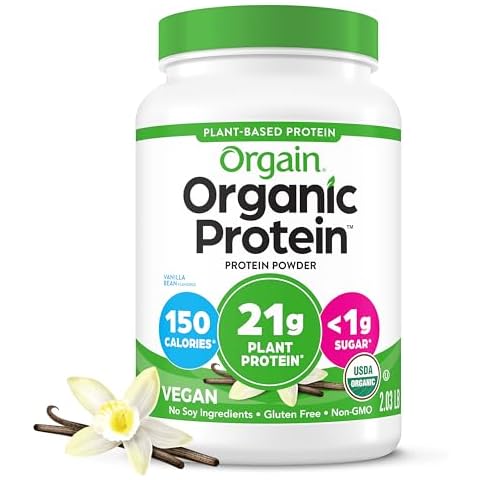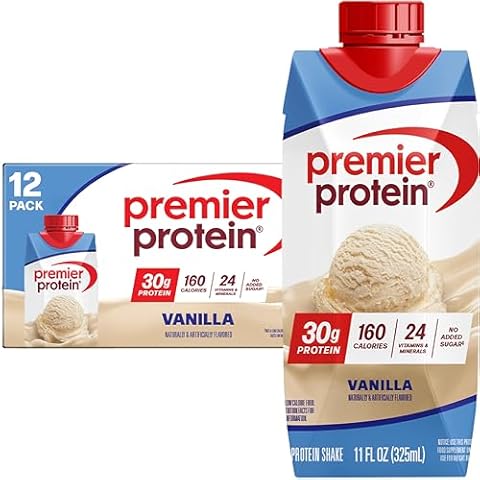The Complete Guide to Buying Protein Powders
Introduction
Protein powders are a convenient way to increase your daily protein intake, and can be particularly useful for athletes and bodybuilders looking to build muscle mass. However, with so many different types and brands on the market, it can be overwhelming to try and choose the best one for your needs. In this article, we'll go over some key factors to consider when selecting a protein powder, as well as provide some tips for incorporating it into your diet.
Types of Protein Powders
The first thing to consider when choosing a protein powder is the type of protein it is made from. There are several different sources of protein commonly used in protein powders, each with their own unique benefits and drawbacks:
- Whey protein: This is the most popular type of protein powder and is derived from milk. It is a complete protein, meaning it contains all nine essential amino acids. Whey protein is quickly and easily absorbed by the body, making it a good choice for post-workout recovery. It is also relatively inexpensive compared to other types of protein powder.
- Soy protein: This type of protein is derived from soybeans and is a good choice for vegetarians or those with lactose intolerance. Soy protein is also a complete protein, but some people may have difficulty digesting it.
- Pea protein: Like soy protein, pea protein is a good option for vegetarians and those with lactose intolerance. It is also hypoallergenic, making it a suitable choice for those with allergies or sensitivities. Pea protein is not a complete protein, so it may not be the best choice for athletes or bodybuilders.
- Casein protein: This type of protein is also derived from milk, but it is absorbed more slowly by the body than whey protein. Casein protein is often taken before bedtime as it can help to repair and rebuild muscle tissue while you sleep.
- Egg protein: Egg protein is derived from egg whites and is a complete protein. It is easy to digest and has a high biological value, making it a good choice for athletes and bodybuilders. However, it can be more expensive than other types of protein powders.
Consider Your Goals and Needs
When choosing a protein powder, it's important to consider your goals and needs. If you are an athlete or bodybuilder looking to build muscle mass, you may want to choose a protein powder with a higher protein content per serving. If you are simply looking to increase your daily protein intake, a powder with a lower protein content may be sufficient.
You should also consider any dietary restrictions or allergies you may have. If you are vegetarian or have lactose intolerance, for example, you'll want to choose a protein powder that is suitable for your needs.
Look at the Ingredient List
In addition to the type of protein, it's also important to consider the other ingredients in the protein powder. Some powders may contain additives, sweeteners, or other ingredients that you may want to avoid. Look for a protein powder with a short, straightforward ingredient list that contains mostly natural ingredients.
Consider the Taste and Mixability
While not as important as the type of protein or ingredient list, the taste and mixability of the protein powder can still be important considerations. Nobody wants to consume a protein powder that tastes terrible or doesn't mix well. Look for a protein powder that has good reviews in terms of taste and mixability, or consider trying a few different brands to find one that you like.
Conclusion
Choosing the right protein powder can be a bit overwhelming, but by considering the type of protein, your goals and needs, the ingredient list, and the taste and mixability, you can find a protein powder that is right for you. Don't be afraid to try a few different brands or types of protein to find one that works best for you. Just remember to always read labels and ingredient lists carefully to ensure that you are getting a high-quality product that meets your needs and fits your dietary restrictions.











